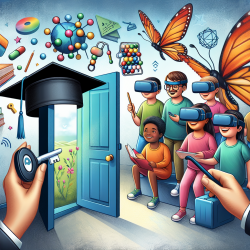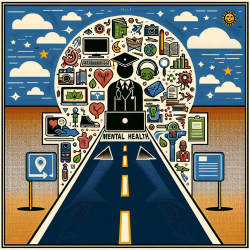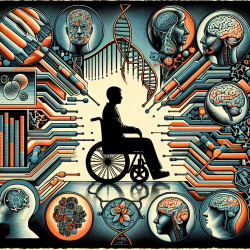Social and Emotional Learning (SEL) is a critical component of child development, focusing on enhancing social and emotional competencies such as self-awareness, self-management, social awareness, relationship skills, and responsible decision-making. These competencies are essential for children to develop healthy relationships, cope with challenges, and maintain overall well-being. SEL programs are particularly beneficial for children from disadvantaged backgrounds who face multiple hardships that can disrupt their developmental trajectory.
The SPARK Child Mentoring Program: A Focus on Resilience
The SPARK Child Mentoring Program is a school-based SEL initiative designed to reduce risk factors and promote resilience in elementary school students. This program is unique in its approach, focusing on uncovering innate resilience rather than altering children's thoughts or behaviors directly. It employs principles of Mind, Thought, and Consciousness to help children realize their natural mental well-being and resilience.
Research Findings: Efficacy of the SPARK Program
A recent study evaluated the effectiveness of the SPARK program using a randomized controlled trial involving 94 elementary students. The results showed significant improvements in students' understanding of program principles, communication skills, decision-making abilities, emotional regulation, and overall resilience compared to those who did not participate in the program.
- Knowledge of Program Content: Students in the intervention group demonstrated a significant increase in their understanding of the principles taught by the SPARK program.
- Communication and Problem-Solving Skills: Participants showed improved skills in communication, decision-making, and problem-solving.
- Emotional Regulation: The program effectively enhanced students' ability to regulate emotions, which is crucial for academic success and mental health.
- Resilience: Students exhibited increased resilience, better equipping them to handle life's challenges.
Implications for Practitioners
The positive outcomes of the SPARK program suggest that practitioners should consider integrating similar SEL programs into their educational settings. By focusing on innate resilience and mental well-being, educators can foster an environment that supports students' social and emotional development. This approach not only benefits individual students but also contributes to a positive classroom climate.
Encouraging Further Research
While the study provides initial evidence of the SPARK program's effectiveness, further research is needed to explore long-term impacts and identify characteristics of students who benefit most from such interventions. Practitioners are encouraged to engage with ongoing research to refine their approaches and maximize the benefits of SEL programs for diverse student populations.










